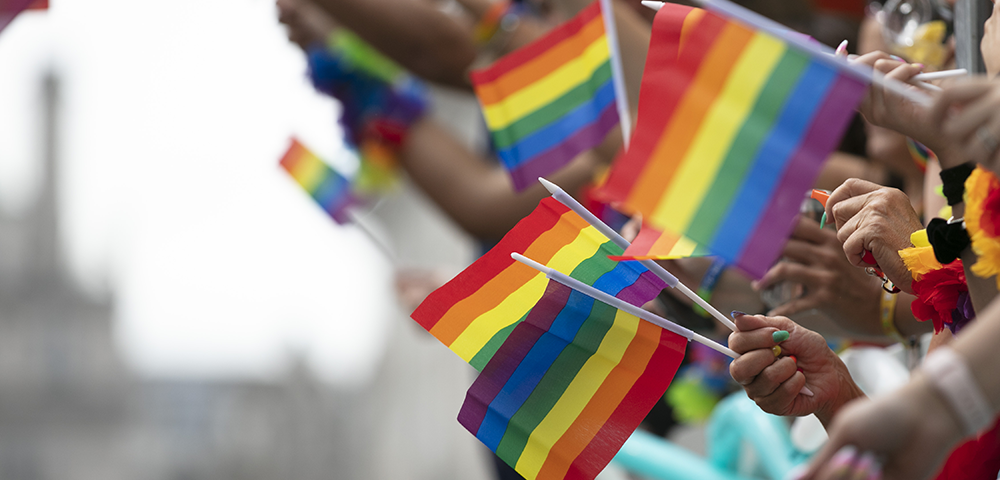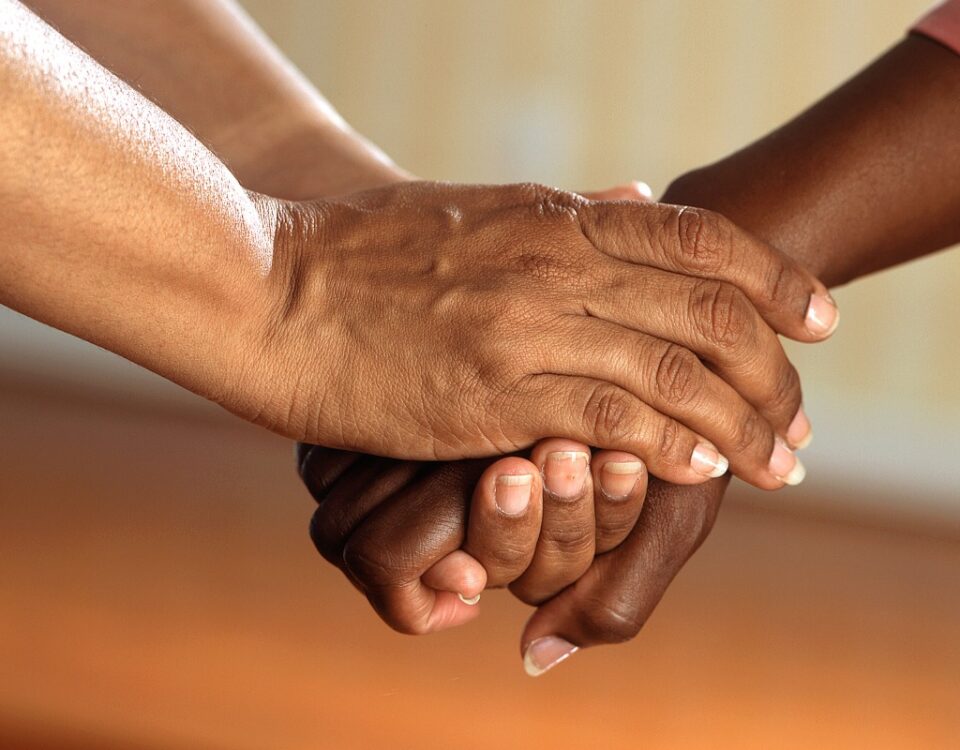
Finding the Right Love Language for a Loved One in Recovery
March 12, 2021
Can Watching the News Cause Depression?
March 18, 2021Although same-sex has been legal in the United States since mid-2015, there’s still a lot of work to be done. In many parts of the country, the LGBTQ community continues to face discrimination and obstacles in areas like equal education, fair employment, reliable housing, and public safety. LGBTQ youth remain statistically likely to feel unsafe in their communities, whether at school or home and for good reason. The decision to come out and tell people your sexual orientation or gender identity can carry tremendous emotional weight, ranging from fear to uncertainty to outright concern for your well-being.
Members of the LGBTQ community are significantly more likely to deal with anxiety and depression. One source of the extra stress and worry is the lack of a safe space to be yourself. In many parts of the country, being yourself can come at the cost of experiencing prejudice, harassment, discrimination, crime, and violence. It’s no surprise that heightened feelings of fear and shame would arise in young people who don’t fit into the “standard” heterosexual framework. These feelings can accumulate over time, having an intensely detrimental impact on the way you feel about yourself, especially when they’re fueled by consistent negative messaging from the world just because you’re attracted to the same sex or aren’t cisgender. These experiences can cause you to view yourself as deeply flawed, inherently worthless, unlovable, or hopeless.
Challenges at School
Being an adolescent tends to be difficult for nearly everyone; add in the complications of LGBTQ identity and your chances for experiencing depression and anxiety can skyrocket. Compared to their heterosexual counterparts, LGBTQ teens face higher risks of being bullied, teased, harassed, and falling victim to violence from their classmates, teachers, and school staff.
A hostile environment can derail the classroom performance of an otherwise promising student. Students who experience victimization and discrimination tend not to have good grades and don’t perform well academically. The combination of being harassed, seeing your grades drop, and losing your self-worth can quickly cause you to become emotionally isolated and depressed. Some many avoid going to school entirely due to the cocktail of negative emotions that stem from the mere thought of having to walk through the hallway.
The lack of support in most school systems that allows these destructive patterns to exist is one of the ways that the world is failing its LGBTQ youth. Schools can implement and policies against discrimination and harassment. Upholding those policies by introducing hard consequences on those who break them may help cut down on bullying and allow students to feel more comfortable with being themselves. Many schools offer extracurricular clubs for nearly every interest; the formation of a club to support the LGBTQ community can work wonders for the confidence of struggling students. There are plenty of methods a school can adopt to reassure its students of their safety and welcome. All it takes is the right staff.
Challenges in Home Life
On top of being bullied at school and by their peers, some LGBTQ youth also have to deal with mistreatment at home. How a parent reacts to their teen’s identity can have an enormous impact on the young adult’s long-term mental health. Despite the advances of the modern world, many parents still react negatively upon learning that their child isn’t straight or cisgender.
An extremely disproportionate number of LGBTQ youth are kicked out of the house or run away from home because of danger or fear. As a result, these teens are at a much higher risk of homelessness. 1.6 million youth are homeless in the United States, and almost half are members of the LGBTQ community. This same subset of the population also faces higher risks for discrimination, mental health issues, and addiction.
A parent’s hostility towards your identity can be enough to set the ball rolling for a lifetime of struggle with the odds stacked against you. Conversely, getting love and support from your family can help to set you up to achieve a life of health and happiness.
Challenges in Adult Life
Studies show that lesbian, gay, and bisexual adults are at higher risk of mood and anxiety disorders than their straight counterparts. This may be partially rooted in poor treatment at home or in school. For many members of the LGBTQ community, poor treatment by others and constant obstacles remain regular parts of life, which can lead to chronic disorders and addiction. This is why it’s so important for LGBTQ youth to receive support and love on an individual level and be protected by policies and organizations on a societal level. The lack of these and other forms of support can lead to chronic anxiety, depression, substance abuse, and suicide.
Anxiety, depression, and addiction pose huge challenges to mental health all across the world. The weight of these problems can lie even heavier upon members of the LGBTQ community, who have had to deal with discrimination, harassment, and inequality since the moment they tried to live in truth and acceptance with their identities. Supporting your loved ones who are part of the LGBTQ community is crucial to their health, especially for young people who are still navigating the conjoined pitfalls of mental illness and substance abuse. If you or a loved one are struggling to maintain your mental health in the face of trying circumstances, you don’t have to go it alone. Kimberly Center in Fort Myers, Florida, is here to help put you on the path towards health and happiness. We provide effective treatment and long-term care for those suffering from issues like depression, anxiety, and addiction. There is hope for a better future. Call us at (855) 452-3683 to learn more.




